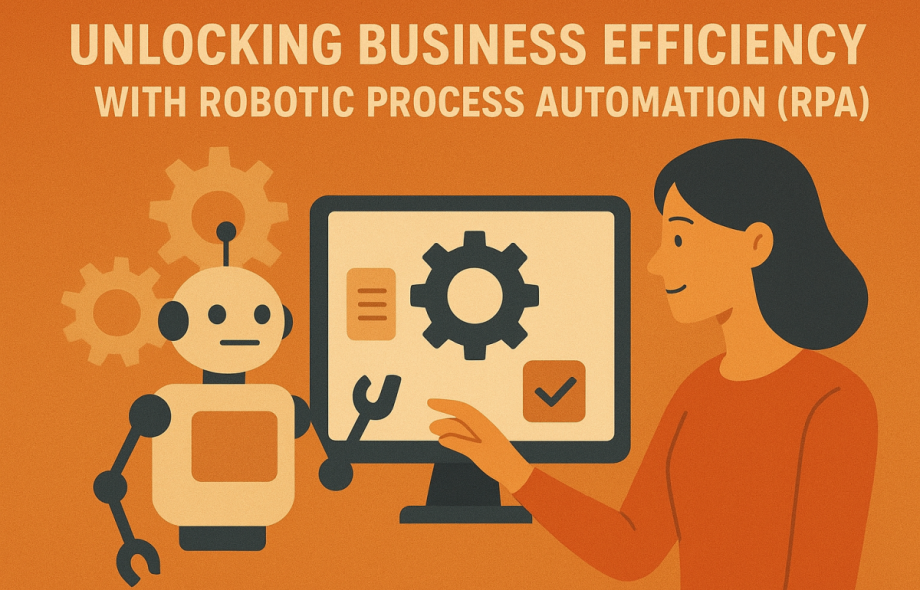In today’s fast-paced business landscape, organizations are constantly looking for ways to streamline operations, cut costs, and improve efficiency. One technology that has been gaining significant traction in recent years is Robotic Process Automation (RPA). RPA refers to the use of software robots or “bots” to automate repetitive, rule-based tasks that were previously performed by humans. This technology has the potential to revolutionize the way businesses operate, offering a wide range of benefits such as improved accuracy, increased productivity, and reduced errors.
One of the key advantages of RPA is its ability to perform tasks at a much faster pace than humans. By automating repetitive tasks such as data entry, report generation, and invoice processing, RPA can significantly reduce the time and effort required to complete these activities. This not only frees up employees to focus on more strategic and value-added tasks but also helps organizations save time and money in the long run.
Furthermore, RPA can help businesses improve their compliance and risk management processes. By following predefined rules and workflows, RPA bots can ensure that tasks are executed accurately and consistently, reducing the likelihood of errors or compliance breaches. This level of precision can be particularly beneficial for industries that are highly regulated, such as finance, healthcare, and insurance.
Another key benefit of RPA is its scalability and flexibility. RPA bots can be easily deployed and scaled up or down based on business needs, making it a cost-effective solution for organizations of all sizes. Additionally, RPA can be integrated with existing systems and applications, allowing businesses to automate processes across different departments and functions without the need for extensive IT investments.
As businesses continue to embrace digital transformation, RPA is becoming increasingly popular across various industries. From automating supply chain management in manufacturing to streamlining customer service operations in retail, the applications of RPA are virtually limitless. By harnessing the power of RPA, organizations can drive innovation, reduce operational costs, and gain a competitive edge in today’s dynamic market.
In conclusion, Robotic Process Automation is a game-changer for businesses looking to enhance efficiency, reduce costs, and drive innovation. With its ability to automate repetitive tasks, improve accuracy, and boost productivity, RPA is poised to revolutionize the way organizations operate. By incorporating RPA into their operations, businesses can unlock new opportunities for growth and success in the digital age.
 :
https://www.pinterest.com/xceltec0192/
:
https://www.pinterest.com/xceltec0192/












